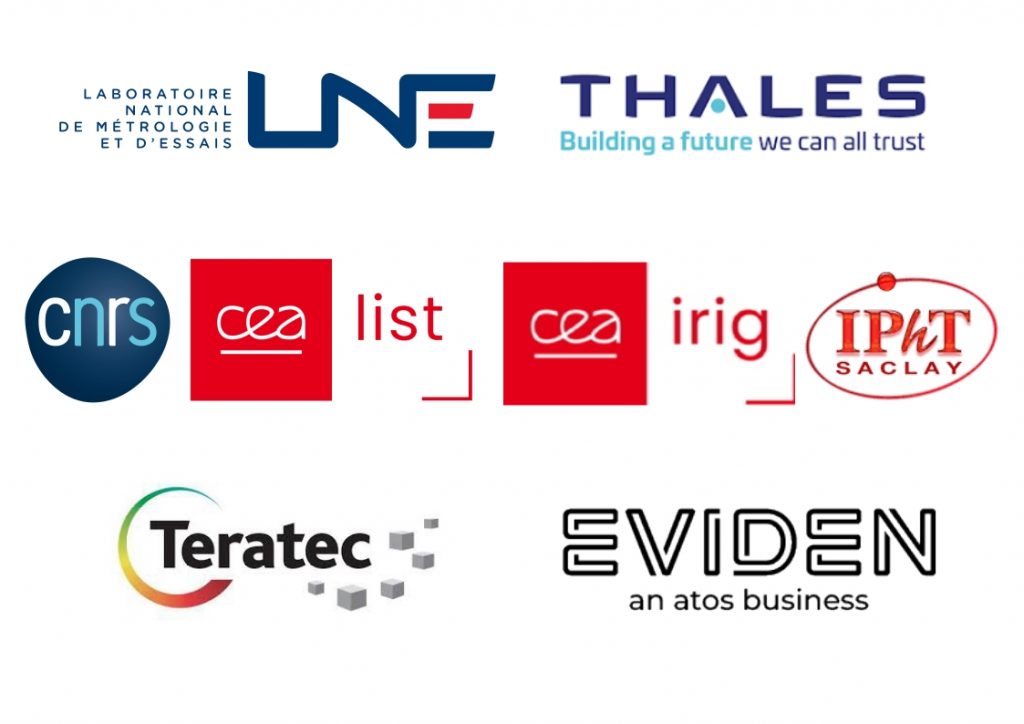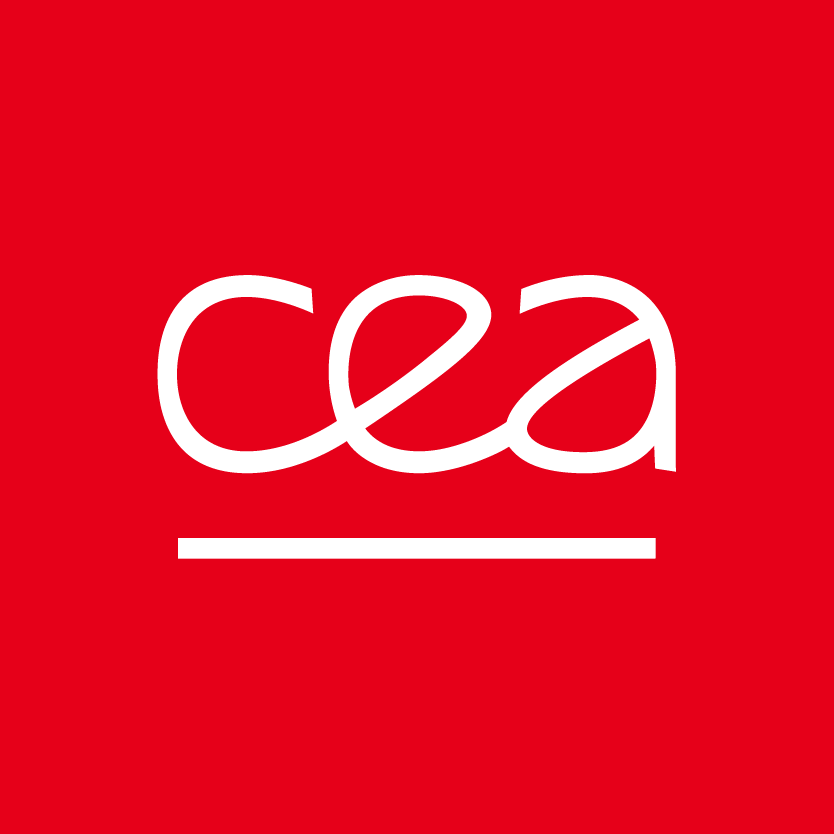
The BACQ project, launched as part of France's national quantum strategy within the LNE's MetriQs program, aims to establish a benchmark for evaluating the performance of future quantum computer technologies. Coordinated by Thales, the consortium involves three CEA institutes. The consortium is crucial for the development of quantum computing, and will also be crucial for industrial end-users.
Quantum computing is set to revolutionize a wide range of technical fields and business sectors, from optimization in logistics, finance and scheduling, to simulation in research, engineering and industry. But how to measure the performance of the various technologies being developed for future quantum computers, with objectivity, reliability and comparability? And this, in a context of media hype and strong competition. This is the challenge of the BACQ project, which aims to establish quantitative, meaningful and ergonomic benchmarks for end users in the industry.
Coordinated by Thales, the project brings together a consortium of industrial and research players (Thales, Atos, CEA, CNRS, Teratec, LNE) including the IPhT, Irig and List institutes of the CEA. The €4.5 million project is funded by France 2030, via the French National Research Agency (ANR), and will also be supported by MetriQs, a major national program on measurements, standards and assessment of quantum technologies led by the French National Laboratory for Electrotechnology (LNE).
A framework geared towards industrial applications
The difficulty of the project stems from the diversity of hardware platforms, their specific physical characteristics and applications, their different levels of maturity, and the potentially rapid evolution of technologies. However, it is essential to have common measurement methods that guarantee the absence of bias, both for the development of quantum hardware technologies and for their industrial use. Similarly, this benchmark should make it possible to evaluate the advantages of each quantum technology in relation to specific applications.
The CEA's fundamental and technological research is called upon
In a necessarily international dimension, the benchmarks will be based on the resolution of typical problems or reference algorithms. CEA institutes will contribute at two levels. “With Irig, we will develop benchmarks related to simulations of many-body quantum physics problems, for gated machines and analog machines. For example, we will work on criteria related to the precision of the preparation, evolution and measurement of entangled states,” says Grégoire Misguich, deputy director of the IPhT.
As for the List, it will be involved in the evaluation of analog and gated machines on several classes of optimization problems of varying complexity and on linear algebra problems.
Contact : Grégoire Misguich (IPhT)
News written by Aude Ganier (DRF-COM) on DRF's The Knowwledge Factory.


